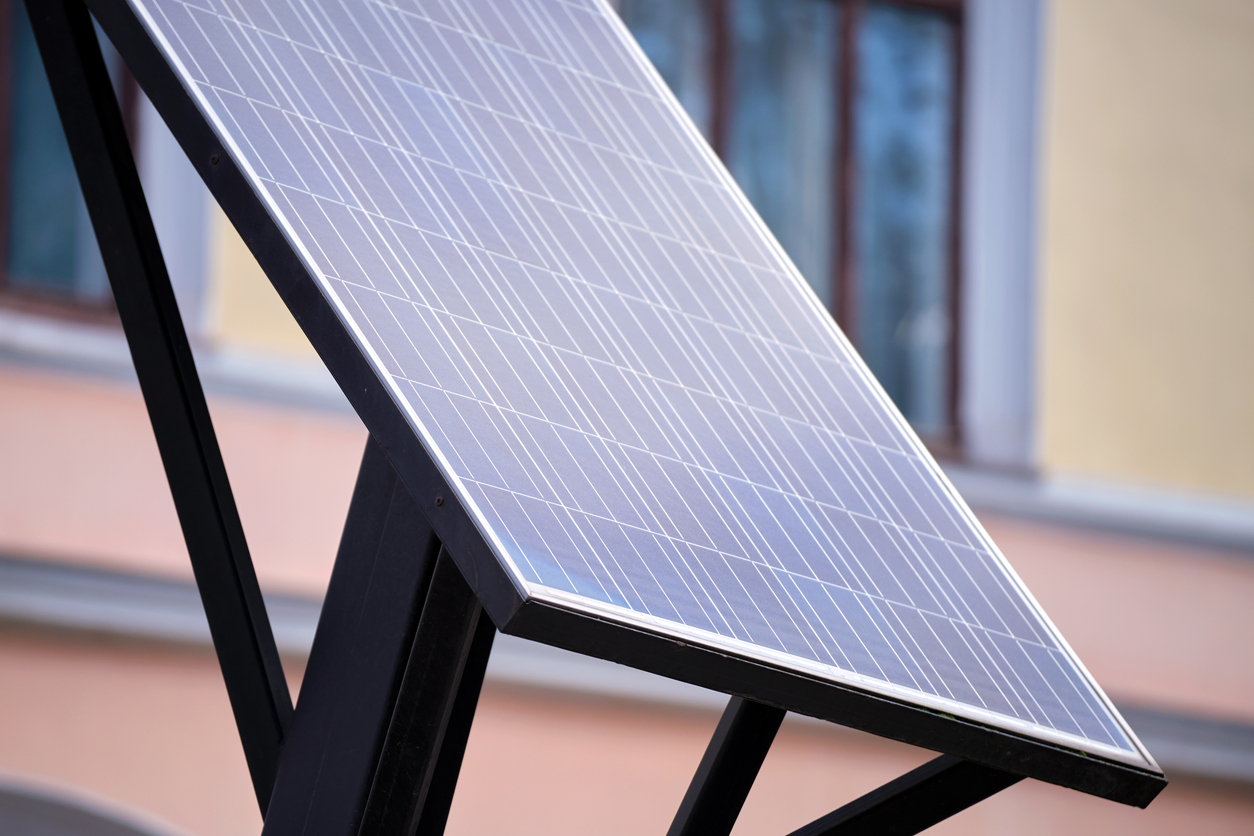Renewable Energy: Powering the Future with Sustainable Solutions
Renewable energy is at the forefront of the global transition to sustainable power generation. As the world faces the challenges of climate change, resource depletion, and environmental degradation, renewable energy sources offer a viable solution to reduce carbon emissions and promote environmental sustainability. This article explores the different types of renewable energy, their benefits, and the role they play in shaping the future of energy.
What is Renewable Energy?
Renewable energy refers to energy derived from natural sources that are replenished on a human timescale. Unlike fossil fuels, which are finite and contribute to greenhouse gas emissions, renewable energy sources are sustainable and have minimal environmental impact. The most common types of renewable energy include solar, wind, hydro, geothermal, and biomass.
Key Types of Renewable Energy:
1. Solar Energy
- How It Works: Solar energy is harnessed from the sun’s rays using photovoltaic (PV) panels or solar thermal systems. PV panels convert sunlight directly into electricity, while solar thermal systems use sunlight to heat a fluid that produces steam to generate power.
- Applications: Solar energy is used for residential, commercial, and industrial power generation, as well as for heating water and powering off-grid systems.
2. Wind Energy
- How It Works: Wind energy is generated by converting the kinetic energy of wind into mechanical power using wind turbines. The turbines’ blades rotate in the wind, driving a generator that produces electricity.
- Applications: Wind energy is widely used in utility-scale power generation and is increasingly being integrated into national grids as a significant source of clean energy.
3. Hydropower
- How It Works: Hydropower is generated by harnessing the energy of flowing water, typically from rivers or dams. The water’s flow drives turbines that generate electricity.
- Applications: Hydropower is one of the oldest and most established forms of renewable energy and is used in large-scale power plants as well as small hydroelectric projects.
4. Geothermal Energy
- How It Works: Geothermal energy is derived from the heat stored beneath the Earth’s surface. This heat is accessed by drilling wells to tap into steam or hot water reservoirs, which are then used to generate electricity or provide direct heating.
- Applications: Geothermal energy is used for electricity generation, direct heating applications, and even in agriculture for greenhouse heating.
5. Biomass Energy
- How It Works: Biomass energy is produced from organic materials such as wood, agricultural residues, and waste. These materials are burned or processed to produce heat, electricity, or biofuels.
- Applications: Biomass is used in power generation, heating, and transportation fuels, offering a renewable alternative to fossil fuels.
Benefits of Renewable Energy
1. Environmental Sustainability
- Reduced Carbon Emissions: Renewable energy sources produce little to no greenhouse gases, significantly reducing carbon emissions compared to fossil fuels. This helps mitigate climate change and reduces air pollution.
- Minimal Environmental Impact: Most renewable energy technologies have a lower environmental footprint, preserving natural ecosystems and biodiversity.
2. Economic Benefits
- Job Creation: The renewable energy sector is a major source of job creation, from manufacturing and installation to maintenance and research. This contributes to economic growth and supports local communities.
- Energy Independence: By harnessing local renewable resources, countries can reduce their dependence on imported fossil fuels, enhancing energy security and stability.
3. Technological Innovation
- Advancements in Technology: The rapid development of renewable energy technologies has led to improved efficiency, reduced costs, and increased accessibility. Innovations in energy storage, smart grids, and grid integration are further enhancing the viability of renewables.
- Scalability and Flexibility: Renewable energy systems can be scaled to meet varying energy demands, from small off-grid applications to large utility-scale projects.
4. Long-Term Cost Savings
- Decreasing Costs: The cost of renewable energy technologies, particularly solar and wind, has decreased significantly over the past decade, making them increasingly cost-competitive with fossil fuels.
- Stable Energy Prices: Unlike fossil fuels, which are subject to price volatility, renewable energy offers more stable and predictable energy costs over the long term.
Challenges and Considerations
1. Intermittency
- Energy Storage: Solar and wind energy are intermittent, meaning they are not always available. Energy storage solutions, such as batteries, are essential to provide reliable power when these sources are not generating.
- Grid Integration: Integrating renewable energy into existing power grids requires careful planning and investment in grid infrastructure to manage variability and ensure stable power supply.
2. Initial Investment Costs
- High Upfront Costs: The initial cost of setting up renewable energy systems can be high, particularly for large-scale projects. However, these costs are often offset by lower operating expenses and long-term savings.
The Future of Renewable Energy
The future of energy is increasingly reliant on renewable sources as countries and industries seek to reduce their carbon footprints and transition to sustainable energy systems. Continued advancements in technology, coupled with supportive policies and investments, are driving the global shift towards renewables.
Conclusion
Renewable energy is not only a key solution to the challenges of climate change and environmental degradation but also a driver of economic growth and technological innovation. By investing in renewable energy, we can create a sustainable and resilient energy future for generations to come.
At Wigmore Trading, we are committed to supporting the transition to renewable energy by offering expert advice and solutions tailored to your needs. Whether you are looking to invest in solar, wind, or any other renewable energy source, we are here to guide you every step of the way.
Get in Touch:
Interested in exploring renewable energy solutions? Contact Wigmore Trading today for expert advice and support. Visit our website, email, or call us to learn more about how we can help you harness the power of renewable energy.






Comments are closed.